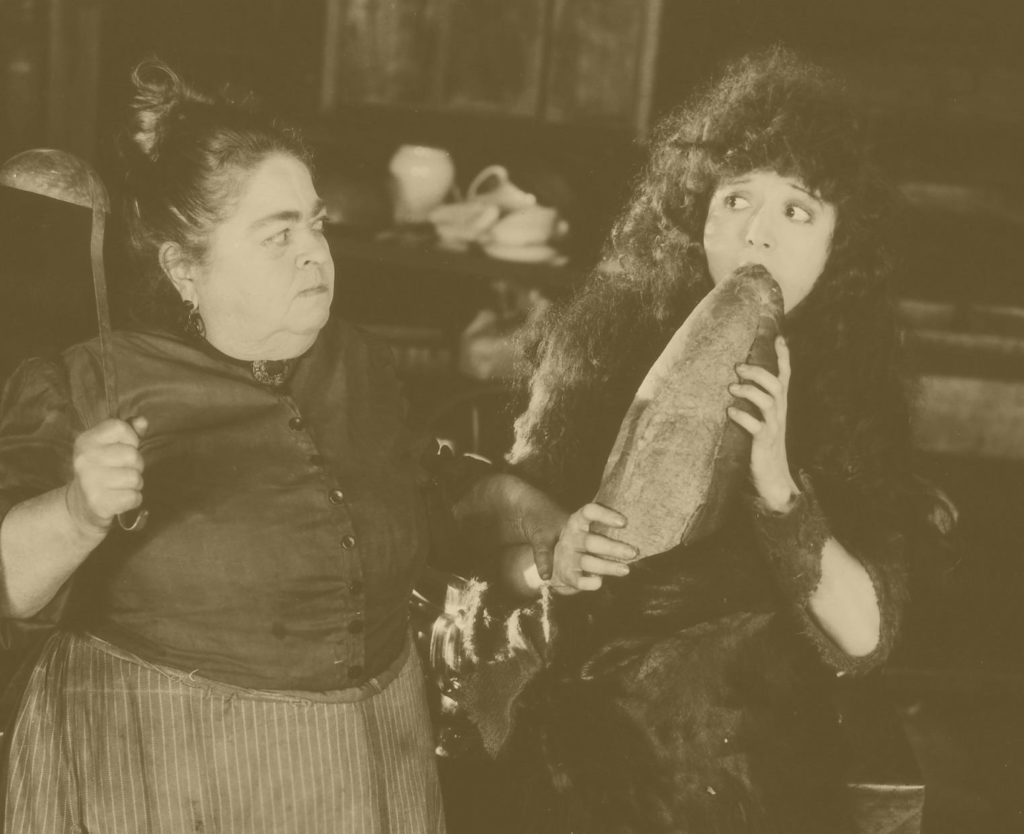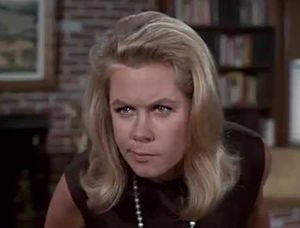I'm a great secret keeper, but I need to share this one...
Let’s start by breaking some diet myths
Have you been told at some point (even by me) never to skip breakfast? It is THE most important meal of the day (I’m pretty sure we can thank the cereal companies for this ‘pearl of wisdom…’).
Were you ever told not to go without food for any length of time, because you will put your body into starvation mode and then when you eat, your body will store it as fat and you’ll gain weight?
Or maybe you were told to graze constantly throughout the day.
For some people this is probably good advice, but if you are struggling to lose weight or are noticing a bit of the old ‘middle-aged spread’, maybe it’s a little misguided.

Some interesting facts
- Worldwide obesity has nearly tripled since 1975.
- In 2016, more than 1.9 billion adults, 18 years and older, were overweight. Of these, over 650 million were obese.
39% of adults aged 18 years and over were overweight in 2016, and 13% were obese. - Most of the world’s population live in countries where overweight and obesity kills more people than underweight.
- 39 million children under the age of 5 were overweight or obese in 2020.
- Over 340 million children and adolescents aged 5-19 were overweight or obese in 2016.
- Obesity is preventable.
Why do we gain weight as we age?
 A familiar refrain I hear in the clinic is, “Marnie, I haven’t changed a thing and yet the scales, well, they keep on going up! I’m sooooo frustrated”
A familiar refrain I hear in the clinic is, “Marnie, I haven’t changed a thing and yet the scales, well, they keep on going up! I’m sooooo frustrated”
Take heart my friend.
As we age our metabolism slows down and our body burns calories at a slower rate. Read that again! It’s important.
This means that it takes more time to lose that Xmas fare, whereas, when you were younger, you could wiggle your nose and the kilos would just fall off. Now! Well the reality (and science) is that it takes about six months to drop those few extra kilos.
Also, I don’t know if you’re like me, but I eat a lot more now that I’m a lady of an ‘uncertain age’ (cigarettes and alcohol used to be two of my main food groups…). It turns out there’s a reason for that…
Oestrogen is an appetite suppressant!
So it makes sense that as we make less of it, our appetite may increase.
Should we just give up and eat all the cakes and pies if we’re just fighting a losing battle?
Nooooooooooooooo!
It’s not all doom and gloom and hopelessness here.
The secret finally revealed
It turns out that the key to long-term weight loss AND healthy ageing, might just be to skip the odd meal or two, otherwise known as…FASTING (strikes fear into the heart of my food-loving soul)!
Fasting is nothing new. As humans we have evolved to go periods of time without much to eat. It’s only really in the last 50 years have we seen the rise of food manufacturing that enables us to have a 24 hour a day feast. As a result, obesity rates have doubled worldwide since the 1980s
Does fasting mean then that you have to go days and days without food (perish the thought!)? Thankfully not – there are many ways we can undertake this practice and still have a ‘normal’ life and it’s usually by practicing ‘intermittent fasting’.
Intermittent Fasting
It turns out that WHEN we eat may be as important as WHAT we eat. Scientists at the Salk Institute for Biological Studies have found that regular eating times and extending the daily fasting period may override the adverse health effects of a high-fat diet and prevent obesity, diabetes and liver disease in mice (hopefully that translates to us humans as well – poor mice).
Benefits of eating less:
- Weight loss
- Reduction of IGF-1 (insulin like growth factor), which means that you are reducing your risk of a number of age-related diseases.
- The switching on of countless repair genes in response to this stressor (that is, going without food).
- Giving your pancreas a rest, which will boost the effectiveness of the insulin it produces.
- In response to elevated glucose, increased insulin sensitivity may reduce your risk of:
- obesity
- diabetes
- heart disease
- cognitive decline.
- An overall enhancement in your mood and sense of well-being (having just started – I’m not quite there yet…). This may be a consequence of your brain producing increased levels of neurotropic factor – molecules that support the growth and survival of neurons – which will hopefully make you more cheerful and in turn should make fasting more doable.
(Source: The Fast Diet. Dr Michael Mosley and Mimi Spencer), o
There's more than one way you can do it (we're still talking fasting...)
It turns out there is more than one way to incorporate this in your life, all with similar benefits. Here’s a couple to get you started.
Extended overnight fasting
This is my current favourite and yet not! Breakfast happens to be my most treasured meal of the day – and yet…I have forsaken it in the hope of losing the ‘summer wine’ and starving out some hitchhikers from my years of travel.
Basically, I don’t eat from 8pm – 12pm (although I have been seen in the neighbourhood sneaking a coffee on the odd occasion – old habits die hard!). This means I fast for 16 hours a day and eat only two meals per day. Lunch is now my favourite meal of the day and if you hear my stomach making odd noises from around 10.30am you’ll know why!
I also like this approach because I don’t have to count calories (snooooze). What I’ve found is that I have a really large lunch and then not much at dinner. This seems to keep me quite satisfied.
The 5:2 Fast Diet
This is the diet made popular by Dr Michael Mosley on the ABC and SBS.
It involves calorie restriction on two non-consecutive days per week (I recommend Monday and Thursday).
500 calories for women
600 calories for men
No calorie counting on the ‘off’ days. Huzzah
The pattern recommended as easiest to follow is to eat a normal breakfast and light dinner. Alternatively, two lighter meals with snacks (apple, carrot sticks) in between.
In my experience with the 5:2 diet, the ‘mens’ tends to do better. I have found it harder to stick with in the long term.
I also want to remind you that our bodies do change as we age and that’s okay. BUT, we do want to ensure we have a body that’s robust and healthy into our middle years (and beyond).
So there you have it, the secret I’ve been threatening to share for months!
Hey, if you are struggling with a bit of ‘middle-age spread’, I’ve created a 24 page fillable workbook packed with tips to help keep you ‘tidy’ during the transition (and beyond…), it’s called Battle of the Bulge and it’s ACES (even if I do say so myself). Ask for it next time you’re in clinic, OR if you’re reading this and it’s been a while or you’ve never been to see me, book yourself in here, because you should not be doing menopause alone.
Until next time, you know what to do. Keep being Great.
Marnie
P.S If you haven’t already done so, make sure you download your FREE Survivor’s Guide to Menopause (did I say it’s free?).
P.P.S If you know someone who is struggling with all the changes, please share this with them.
